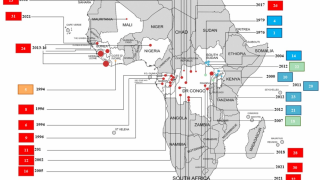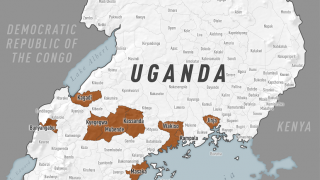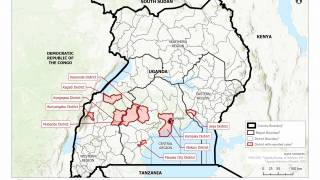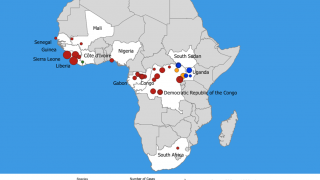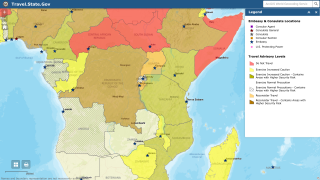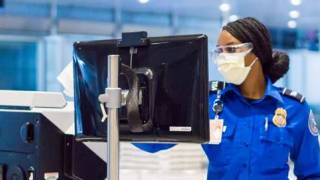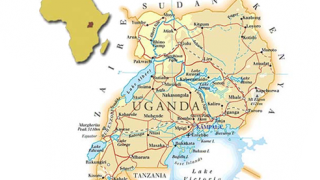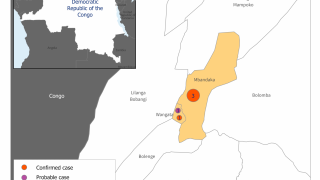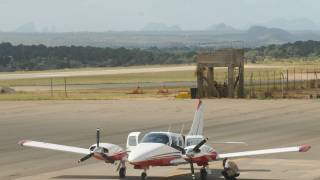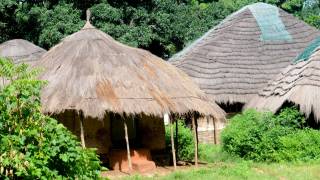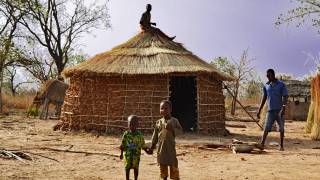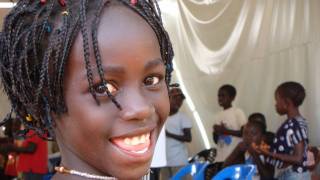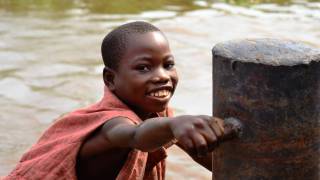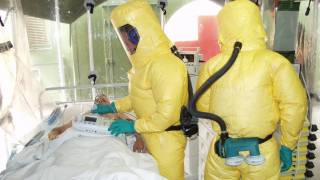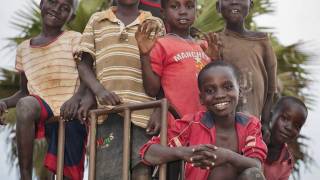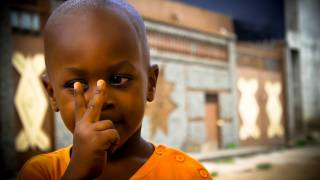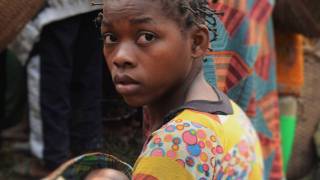HHS Secretary Azar Supports Uganda’s Ebola Response Efforts
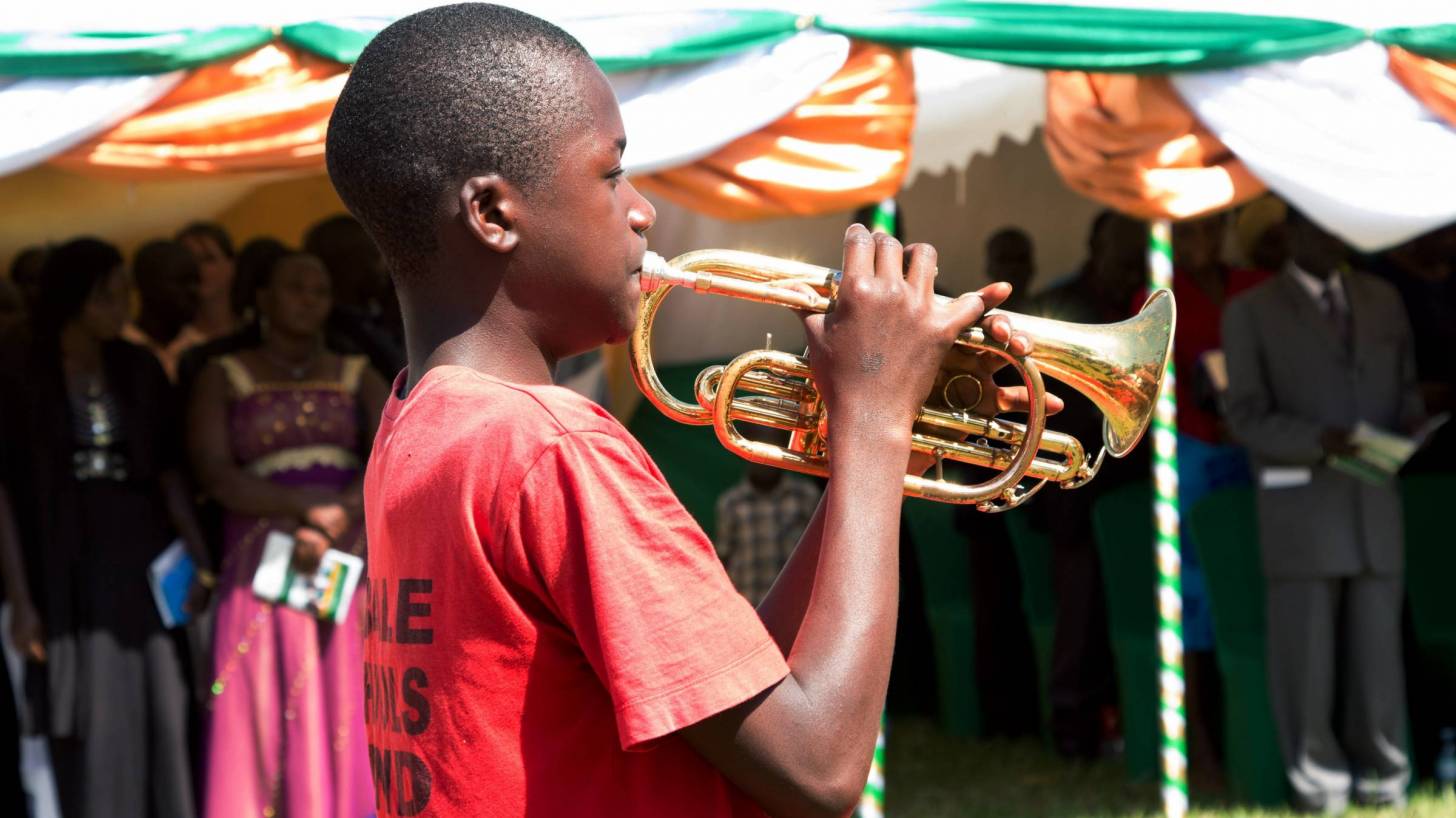
The Health and Human Services (HHS) Secretary Alex Azar met with the Ugandan Minister of Health Jane Aceng to discuss the ongoing Ebola Zaire outbreak.
During their meeting on September 16, 2019, Secretary Azar and Minister Aceng discussed the Ugandan government’s ongoing efforts to control the spread of the Ebola Zaire outbreak.
Following their meeting, Secretary Azar noted the United States has been the leading country funding public health response efforts that have helped control and contain the spread of Ebola in Africa in 2019.
As of September 6, 2019, the U.S. Agency for International Development (USAID) announced it was providing $21 million dollars in additional humanitarian assistance to help end the ongoing Ebola Zaire virus outbreak in the Democratic Republic of the Congo (DRC).
This announcement said ‘the total USAID funding for the Ebola response efforts to nearly $158 million dollars since August 2018.’
Uganda borders the DRC, where the 2nd largest Ebola outbreak in history is now occurring.
Moreover, this is the DRC’s 10th Ebola outbreak over 40 years.
In the DRC, the number of Ebola patients recently surpassed 3,000 and there have been over 2,000 related fatalities since August 2018.
And the risk of Ebola spreading into Uganda increases with thousands of cross-border travelers each day. Due to the ongoing conflicts in the DRC, up to 250 people per day are crossing the Uganda-DRC border to seek refuge.
These crossings expand the risk of Ebola spreading into Uganda.
During August 2019, Uganda’s health officials announced they were testing Janssen Pharmaceuticals Ad26.ZEBOV/MVA-BN Ebola vaccine on 800 people.
This Ebola vaccine candidate has been conducting a Phase 3 study to demonstrate the non‐inferiority of a heterologous prime‐boost regimen using Ad26.ZEBOV as prime and MVA‐BN‐Filo as a boost administered at different doses at a 56‐day interval.
The Ebola Virus Disease (EVD) is a rare and deadly disease in people and nonhuman primates. People can get EVD through direct contact with an infected animal, such as a bat or nonhuman primate, or a sick or dead person infected with Ebola virus, says the CDC.
Additionally, the U.S. Africa Command held the first-ever “Infectious Disease Strategic Planning Workshop” on September 4th, to ‘promote interagency cooperation in combating the spread of disease.’
"Our idea was to bring together everybody who is working on infectious disease engagement in Africa to better understand each other and try to de-conflict, synchronize and leverage off one another,” said U.S. Air Force Col. Krystal Murphy, deputy command surgeon.
‘Disease outbreaks and epidemic-prone diseases to Ebola, are increasingly more difficult to manage in ever-more-complex social and political environments and in a world where modern air travel and migration are fueling the spread of disease.’
According to the World Health Organization (WHO), in addition to the Ebola outbreak, various countries in Africa are confronted with Polio, malaria, dengue, yellow fever, and Lassa fever outbreaks during 2019.
To alert international travelers to Uganda and DRC, the CDC expanded its Level 2 Travel Alerts, regarding Measles and Polio outbreaks in DRC.
The CDC recommends that all travelers to DRC be vaccinated fully against both measles and polio.
Furthermore, travelers to the DRC should seek medical care immediately if they develop fever, headache, body aches, sore throat, diarrhea, weakness, vomiting, stomach pain, rash, or red eyes during or after travel.
Travel vaccine news published by Vax-Before-Travel.
Our Trust Standards: Medical Advisory Committee


